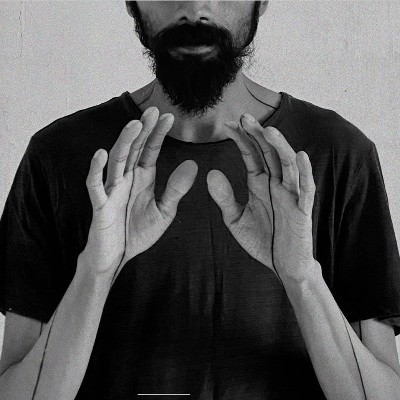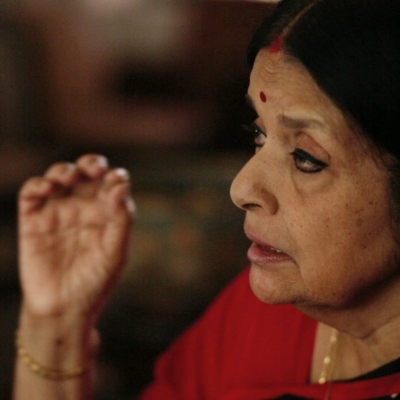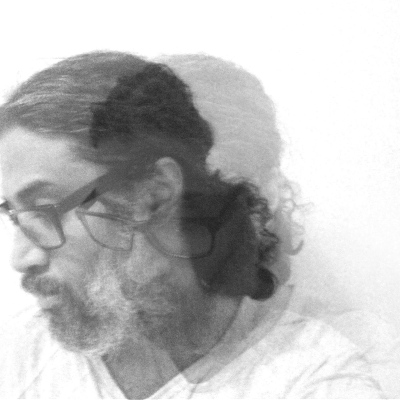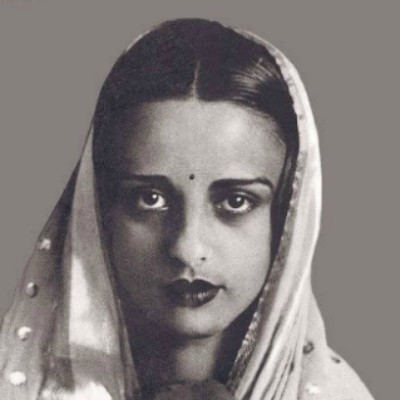story
| ARTISTS & INSPIRATIONS

Theyyam is a vibrant and colourful form of ritualistic worship that is deeply rooted in the culture and traditions of Kerala, India. This living tradition involves elaborate rituals, music, dance, and vibrant costumes that bring to life the divine spirits being invoked.
Fisherfolk in Kerala come from three different religious groups, Hindus, Muslims and Christians. Each of the groups has its own social organisation and mostly occupies separate places in a typical fishing village, although they do share some commonalties.
story
| MOON LIGHT BY BIJU IBRAHIM

Moon Light is an exclusive video column by Biju Ibrahim, in which he shares a slice of his journeys and experiences as moving image anecdotes. Bhakti was shot in Tiruvannamalai, an ancient nature worship town situated in Tamil Nadu.
story
| THE TREE VENERATION IN THE CIRCASSIAN CULTURE

Trees stand as a magnificent reminder of one of God’s infinite masterpieces, they are like the silent observers of time, wordlessly conversing with life as eons go by. Trees can be regarded as the wardens of earth, unconditionally giving life, sustenance and shelter.
story
| THE TREE VENERATION IN THE CIRCASSIAN CULTURE

Since time immemorial, the Circassian native tribes did not follow a script or a holy book, nor erected praying temples, but rather, they have formed an unwritten philosophy based on their collective outlook on life, and worshiped in the arms of nature.
story
| THE TREE VENERATION IN THE CIRCASSIAN CULTURE

Deities associated with sacred forests transformed and evolved according to different historical eras. It is believed that the main original forest deity was Mezguasche (Forest-lady). Mezguasche was responsible for the forest and fauna.
story
| THE TREE VENERATION IN THE CIRCASSIAN CULTURE

Trees acted as shrines parallel to temples, and as mentioned previously, the native Circassians believed that prayers and holy events must be conducted in nature where no human trace of building or human planting or agriculture was found.
story
| THE TREE VENERATION IN THE CIRCASSIAN CULTURE

Mythology is a reflection of the people’s soul, and unlike common belief that they are fantastical stories, myths carry the core of the ancient world, safeguarding profound information, which relate human and world progression through the ages.
story
| THE TREE VENERATION IN THE CIRCASSIAN CULTURE

What we now refer to as ‘ecology’ and an 'eco life system' was once a habitual lifestyle of various world indigenous cultures, and amongst the native Circassians, up until half of the 19th century, this structure was the standard archetype system.
story
| THE TREE VENERATION IN THE CIRCASSIAN CULTURE

It is evident that tree veneration has accompanied the Circassians since ancient times, and holds one of the most important roles in the animistic view amongst the Circassians. The cult of trees has persisted up until the late 19th century.
The Theyyam dancer’s dark black mystic eyes are emphasised by the deep bloody red color of his face. The light of the fire reflects on his bare chest decorated by the drawing of two snakes. He is ready to jump into the fire and narrator is telling his story.
Nestled in a valley amongst the Aravalli Hills, Ranakpur Temple dates to the 15th century. Local legend holds that construction began in 1437 following a divine vision received by Dharna Shah, a local Jain business person.















